Lead-PI
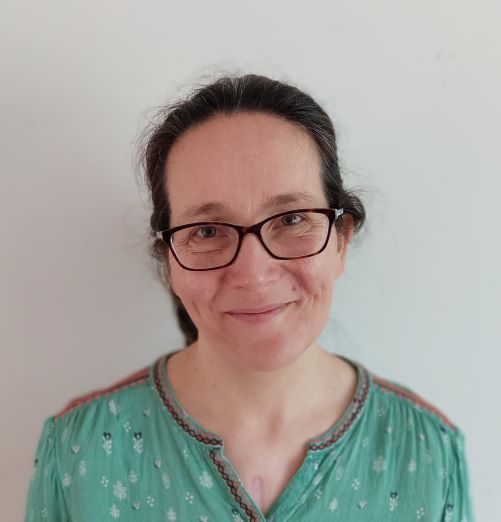
Babette Hoogakker
Professor in Palaeoceanography and Climate Change
Babette joined Heriot-Watt in 2017. Prior to this she worked as a postdoc at the University of Oxford (NERC research fellowship), and the University of Cambridge. Babette is interested in the relationship between the global biogeochemical cycles (especially oxygen and carbon) and the evolution of the oceans and climate using isotope and trace element proxies.
Babette is a UKRI Future Leaders Fellow and leads the FARGO project. She was awarded a Philip Leverhulme prize in Earth Sciences in 2018.
Also see https://researchportal.hw.ac.uk/en/persons/babette-hoogakker
Junior Team Members
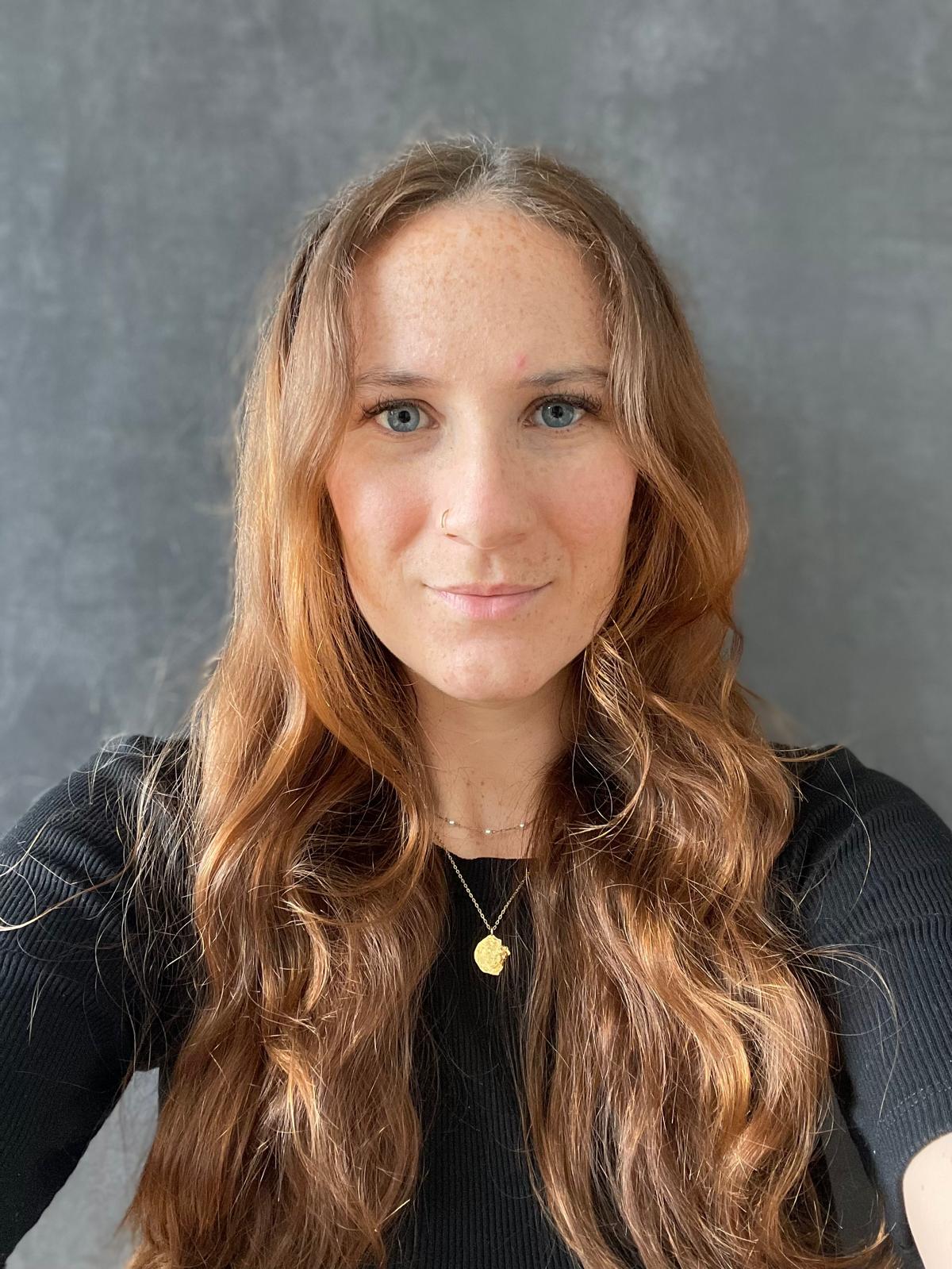
Lola Wagner
Lola started her PhD at Heriot-Watt University in May 2024. Her research focuses on determining ocean oxygenation within the past and modern ocean using lipid biomarkers as well as benthic foraminifera, in particular the benthic foraminifera porosity proxy refined by Dr. Sebastian Garrido.
She received her Bachelor of Marine Science and First Class Honors in Environmental and Marine Science from James Cook University in Australia. Previous research focused on Paleo Geochemistry and Coral Reef Geomorphology for which she received the Hunter Research Project Support Grant.
Lola is part of FARGO, a project led by Prof Dr. Babette Hoogakker and of Odyssea, a Luxembourgish marine conservation group.
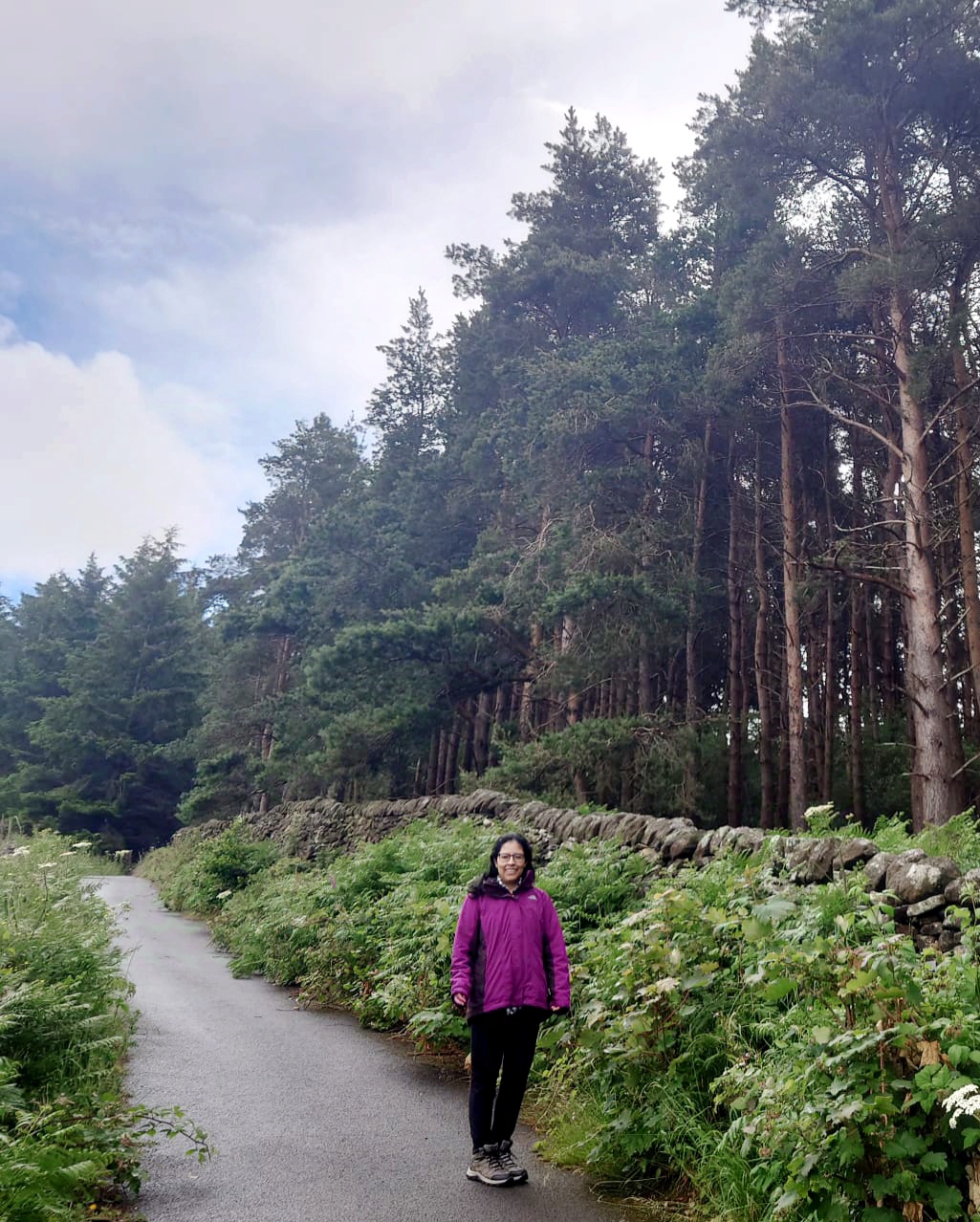
Katya Canal Solis
Currently, as part of her PhD research investigates the role of sea ice in ocean oxygenation during past warm geological intervals, including the Pliocene and specific periods in the Pleistocene. By running climate models, she aims to deepen our understanding of these processes and their impact on the climate system.
Senior Team members
Sebastian Garrido
He has carried out academic teaching activities related to the field of palaeontology, and geological and tectonic history of the Andean Margin of South America. He also works as a freelance paleontological consultant in Chile.
Sebastian completed his PhD at the Lyell Centre in 2025. For this he worked on refining two benthic foraminifera bottom water oxygen proxy methods (Garrido et al., 2025; in revision) and natural changes in Pacific bottom water oxygen contents during two recent interglacials. He is currently a visiting scholar at the Lyell Centre.
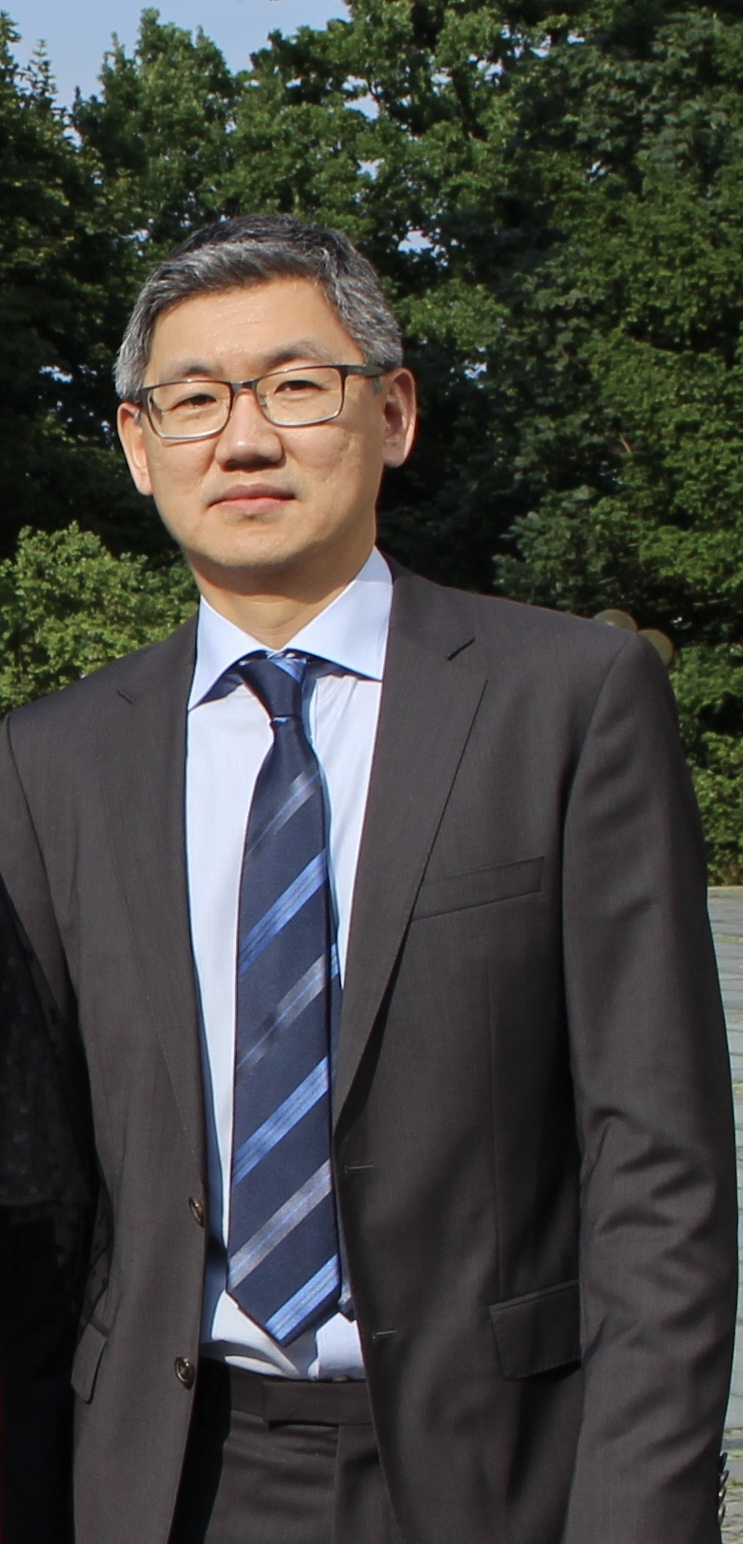
Vyacheslav Khon
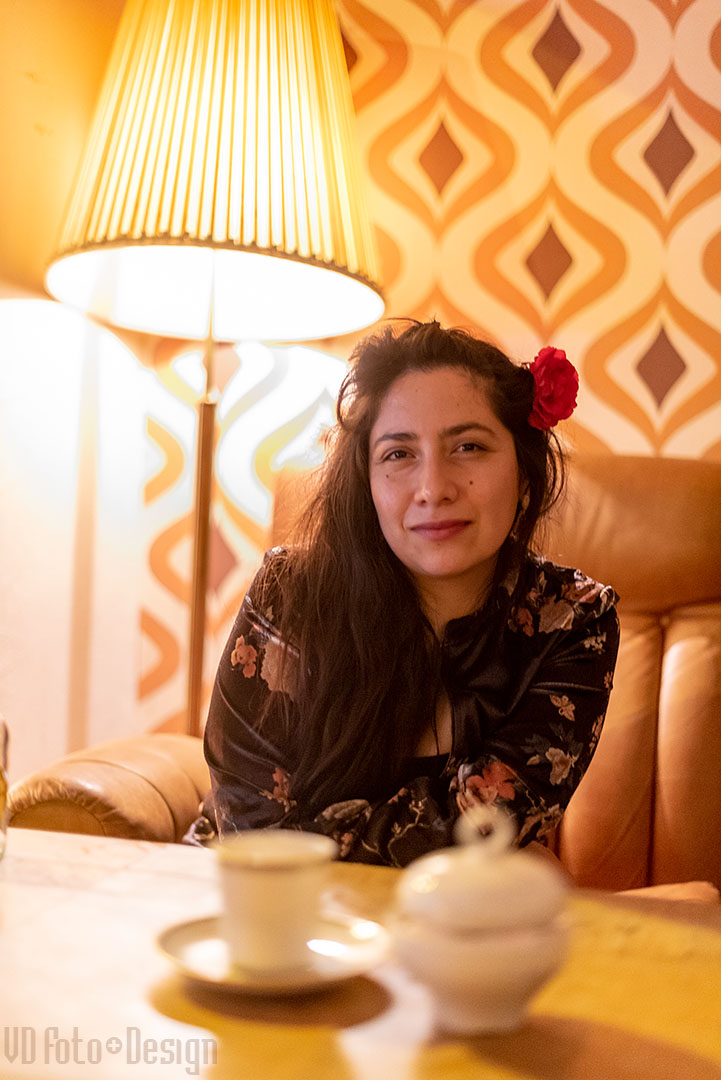
Dharma Andrea Reyes Macaya
Since her undergraduate studies she has been actively working in several outreach programs using popular education, art and literature as a strategy to communicate science. Since 2019, she has been doing voluntary work as a community scientist building with communities regional knowledge about biogeochemical state of rivers and ocean focusing in trace metals in Chile.
Dharma is part-time PhD researcher at MARUM-Centre for Marine Environmental Sciences (Bremen-Germany) and the ANID-Millennium Science Initiative Program Nucleo Milenio UPWELL (Chile).
Her PhD research focusses on understanding past changes in the present and past hydrology (water mass geometry) of the Equatorial and South-East Pacific using a multi-proxy approach based in stable isotopes (water, calcite and bulk sediment), radiocarbon (calcite) and trace elements (sediments and calcite) [see publications here Dharma Andrea Reyes Macaya – Google Scholar].
Former members
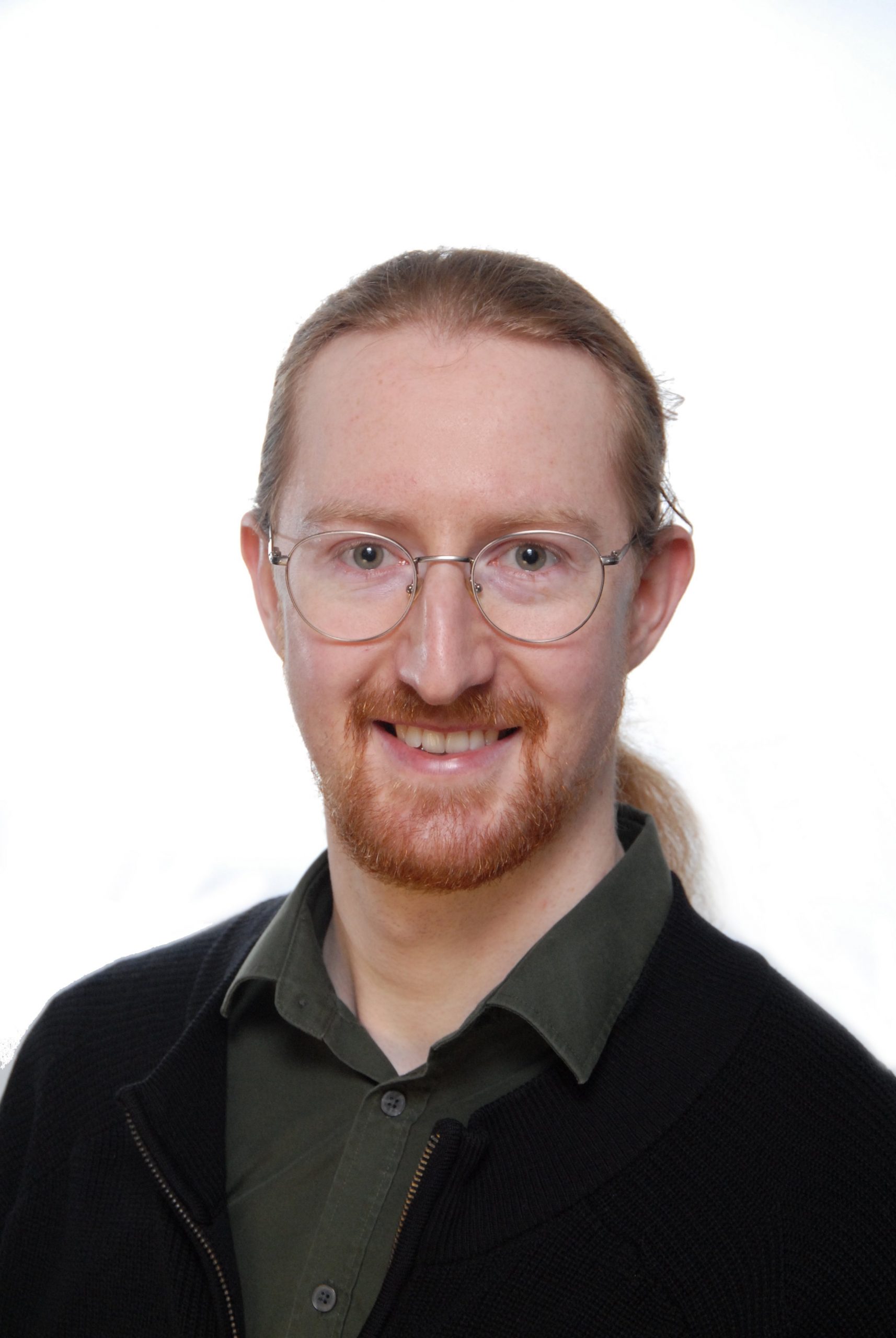
Helge Winkelbauer
From the start of his academic career in Geosciences, Helge has been fascinated with benthic and planktic foraminifera and their importance in understanding climate events of the past. In particular, his BSc and MSc dissertations focused on Holocene benthic foraminifera assemblages and stable isotopes as proxies for food availability and oxygen concentration.

Jennifer Scott
She is interested in all things oceanography, ranging from past climate reconstructions using foraminifera geochemistry to observation oceanography. Jennifer did her undergraduate degree (Environmental Geoscience) and MScR at the University of Edinburgh. For the latter she investigated past monsoon dynamics in the western Arabian Sea using planktic foraminifera oxygen isotopes and Mg/Ca paleothermometry.
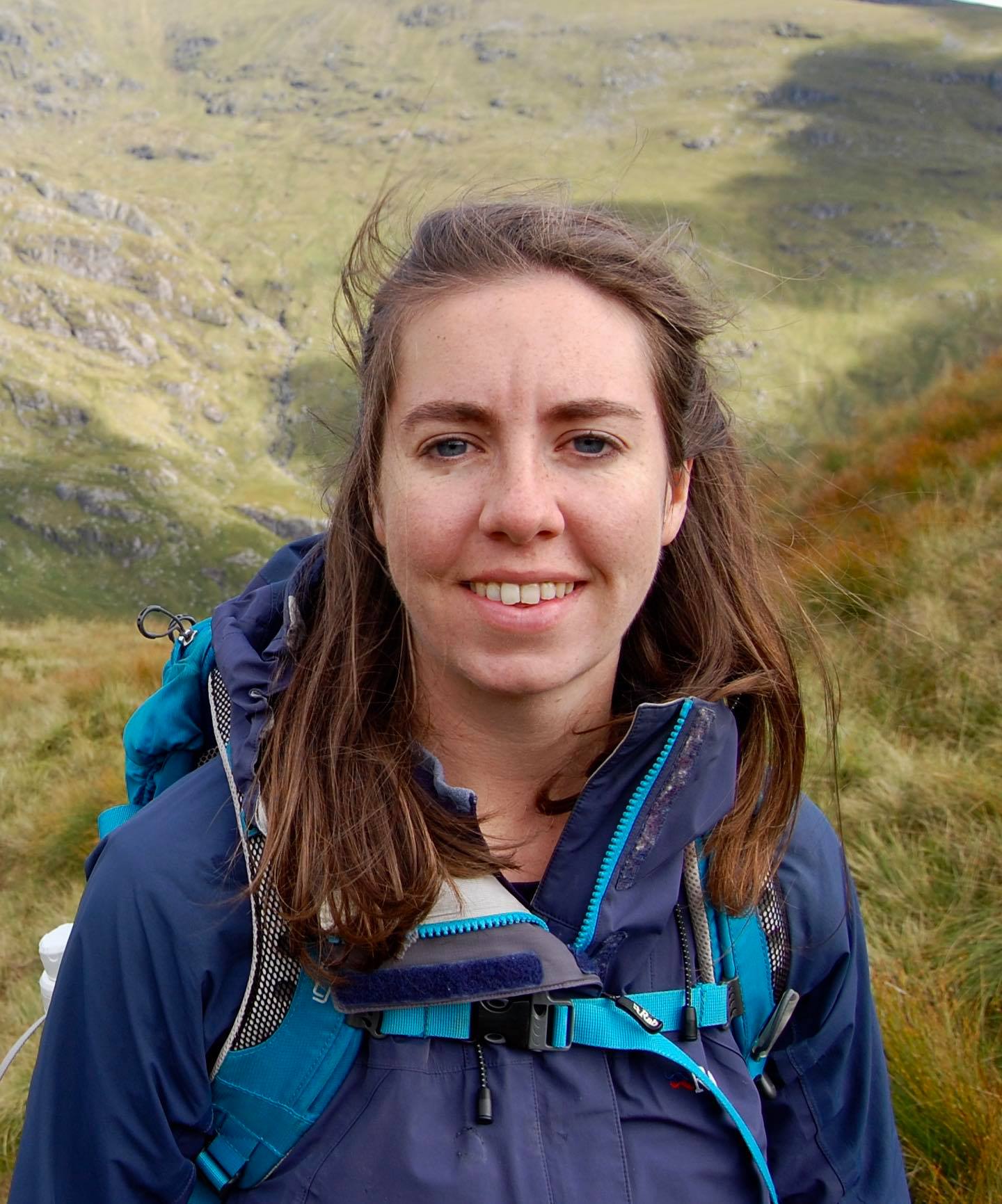
Katrina Nilsson-Kerr
Before joining Heriot-Watt August 2020 to August 2021, Katrina worked as a project officer at the Open University where she also undertook her PhD looking at reconstructing the Late Pleistocene Indian Monsoon.
After joining Heriot-Watt, Katrina worked at the University of Bergen on her Marie-Skłodowska Curie Post-Doctoral Fellow project, and is now working as a proposal specialist at Fugro.
You can find out about Katrina’s research here.
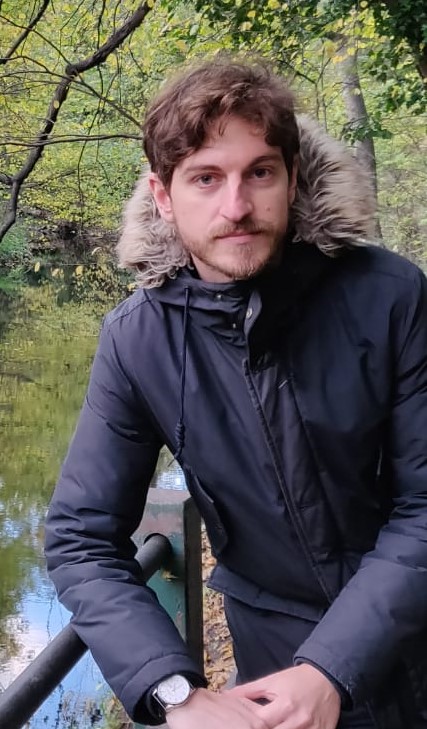
Tommaso Paoloni
For his PhD at the Lyell Centre (completed 2024), Tommaso assessed the chemical composition of the foraminifera bound organic material using gas and liquid chromatography and its isotopic signal (δ13Corg-pforam) to reconstruct past climate change.
He studied δ13Corg-pforam as a proxy for the past particulate organic matter isotopic signal and he has been executing additional geochemical analyses (Mg/Ca ratio) to study the variation of foraminifera calcification temperatures in the past 20,000 years.
He has a background in geology and micropaleontology and several collaborations from all around the world (e.g., United Kingdom, Italy, Australia, Norway, Germany, Brazil, United States). His interest in foraminifera started during his master. His MSc thesis focused on foraminifera assemblages as a proxy for chemical and physical parameters in order to reconstruct the environmental conditions of specific areas along the north-east coast of Italy.
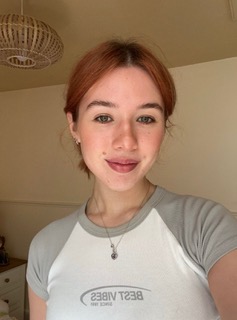
Kate Kinniburgh
Kate first discovered her liking for geography in high school during my national 5s and continued to further my studies when I transferred schools and studied it at A-level.
I am specifically interested in meteorology and climatology but have also recently been enjoying studying oceanography and palaeoceanography since the beginning of 2024 (taught in class by Babbette, Jeniffer and Sebastian).
Affiliated members
Ben Gustafson
Ben is a PhD student in ocean biogeochemistry at the Lyell Centre. His focus is in
carbonate chemistry and understanding the global budget of calcifiers in the ocean, as well as
regional calcite budgets for the Iceland Basin and California Coast. Instead of focusing on a
single calcifier, he is evaluating the concentrations of foraminifera, pteropods, and
coccolithophores. Ben’s PhD is through the Horizon Europe- and UKRI-funded project
OceanICU.
Ben grew up in Ely, MN, USA, where his love of science started in focusing on the local
lakes in his region. He attended Colby College in Maine,USA, receiving a BA in environmental
science and biology, then worked as a technician at Bigelow Laboratory for Ocean Sciences and
San Francisco State University’s Estuary and Ocean Science Centre before starting his PhD in
January 2024.
Krystel Susaya Vicente
MASTER STUDENT RESEARCHER University of Concepcion, Chile. Marine biologist. Master candidate in Science with mention in Zoology. I focus my thesis on the functional diversity of benthic foraminifera in the Ecuador and Southeast Pacific.
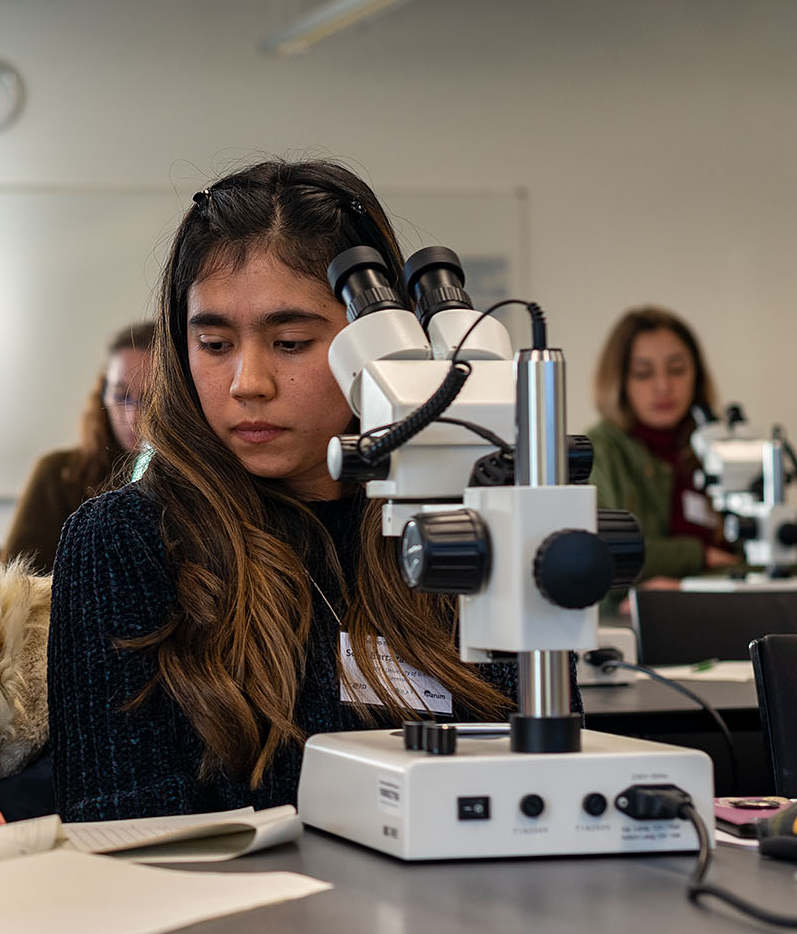
Sofia Barragan Montilla
Paleoceanography at the University of Bremen (Germany) and her MSc. in Applied Geology at the
University of Zaragoza (Spain). She has over 7 years of experience in the Oil and gas industry and
academia, and her field of expertise is applied Micropaleontology, specifically benthic foraminifera
applications in paleoceanographic and paleoenvironmental studies.
Sofía is passionate about science communication, and is involved in several initiatives aiming to
make science more accessible. Some of her projects include SciCoForams a self-developed
initiative using graphic design techniques to explain the applications of Foraminifera in
paleoceanographic studies in English and Spanish; volunteering at GeoTraductores (GeoTranslators
in english) a collaborative initiative bringing science news to Spanish-speakers countries since
2020; and volunteering at PO2 – Past Ocean Oxygenation, where she serves as a Social Media
Officer to bring scientific content about ocean oxygenation to a wider audience.
As an advocate for Diversity, Equity, and inclusion in STEM, Sofía has volunteered at the GeoLatinas
organization since November 2019, where she currently serves as a vice chair. She received a
Diversity Engagement and Enhancement in Paleontology (DEEP) Award in 2024 for her outreach
and work in Paleontology from the Paleontological Society.
Website: https://scicoforams.com/
ResearchGate: https://www.researchgate.net/profile/Sofia-Barragan-Montilla-2
ORCID: https://orcid.org/0000-0002-7967-9719
